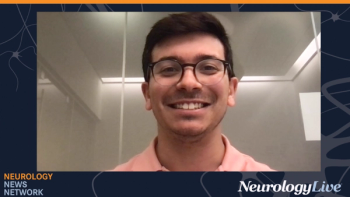
Neurology News Network. for the week ending June 22, 2024. [WATCH TIME: 4 minutes]

Neurology News Network. for the week ending June 22, 2024. [WATCH TIME: 4 minutes]

An open-label phase 2b trial assessing ND0612 showed that the rate of treatment responders increased over a 12-month period among patients with Parkinson disease who experienced motor fluctuation.

Test your neurology knowledge with NeurologyLive®'s weekly quiz series, featuring questions on a variety of clinical and historical neurology topics. This week's topic is on Alzheimer disease/dementia.

Patients treated with at least 12.5 mg/day of oral prednisone for at least 3 months had an 88% reduction in the risk of relapse compared with those who did not receive this regimen.
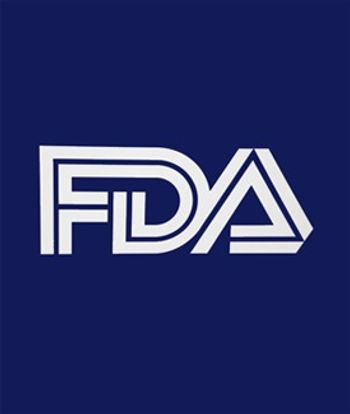
The therapy is the first and only neonatal Fc receptor blocker approved for the treatment of CIDP, and will be available as a once-weekly, 30- to 90-second subcutaneous injection.

Take 5 minutes to catch up on NeurologyLive®'s highlights from the week ending June 21, 2024.

Neal K. Shah, CEO of CareYaya Health Technologies, discussed how sleep apnea and cognitive decline may be interrelated and disproportionately affecting minoritized populations.
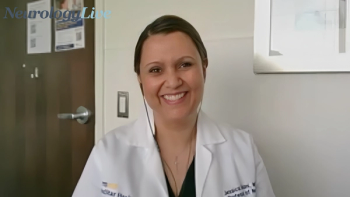
The director of the MedStar Georgetown Headache Center talked about recognizing the struggles of patients with migraine disorders and the importance of bringing awareness of available treatments to this patient population. [WATCH TIME: 5 minutes]

The AAV vector-based gene therapy originally received FDA approval for treating ambulatory pediatric patients aged 4 to 5 years with Duchenne under the accelerated approval pathway.

Eric Herzog, PhD, a chronobiologist and professor of biology and neuroscience at Washington University, provided thoughts on a number of topics related to sleep during pregnancy and the significance of maintaining circadian rhythms.

A statistically significant dose-response correlation was observed, indicating that greater lifestyle changes led to better cognitive and functional outcomes in Alzheimer's patients.

A phase 3 trial showed that over time, Hyqvia is a safe and well-tolerated maintenance treatment for patients with chronic inflammatory demyelinating polyneuropathy.
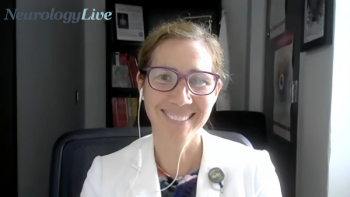
The director of the Headache Center at Allegheny Health Network talked about the evolution of migraine treatments and highlighted the importance of personalized medicine for patients living with this disabling condition. [WATCH TIME: 10 minutes]
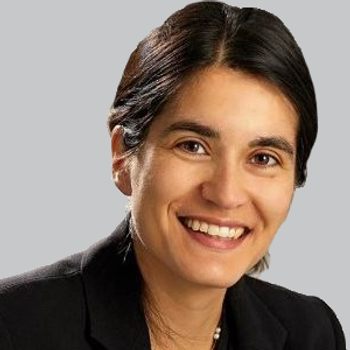
The phase 3 trials investigating soticlestat for Dravet syndrome and Lennox-Gastaut syndrome (LGS) yielded mixed results on primary end points but showed promise in secondary outcomes.

CNM-Au8, an oral suspension of clean-surfaced, catalytically-active gold nanocrystals, resulted in prolonged survival and reductions in neurofilament light, a prominent biomarker of neuroaxonal damage.

In this conversation, Negroski provides commentary on the role of lymphocyte counts and specifically a study evaluating changes in these counts for patients switching between dimethyl and diroximel fumarates.

ND0612, an investigational agent, had supportive data from the pivotal phase 3 BouNDless trial, a large-scale, phase 3 study of patients with Parkinson disease.

In recent news, Otsuka has discontinued the development of AVP-786 following results from phase 3 trial assessing the treatment in patients with agitation related to Alzheimer disease.

Donald Negroski, MD, shared thoughts on retrospective data assessing patients with multiple sclerosis who switched from S1P-modulating agents to ozanimod, another approved disease-modifying therapy.

The director at the Foundation for the National Institutes of Health provided commentary on a recently launched partnership aimed at building a repository of ALS data to advance drug development for the disease.

A recent study showed a significant association between sleep apnea, additional sleep characteristics, and late-onset epilepsy in older adults, even after adjusting for comorbidities.
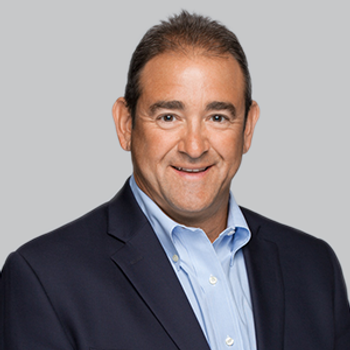
Marinus Pharmaceuticals reported that it will continue to analyze the full dataset and engage with the FDA to discuss the future of ganaxolone for treating refractory status epilepticus.
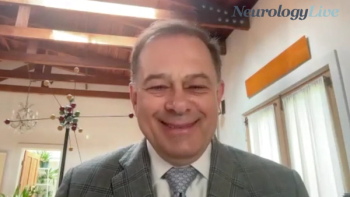
The clinical research director of the UCSF Multiple Sclerosis Center discussed findings from the end-of-study analysis assessing inebilizumab which revealed a significant reduction in attack rates among patients with NMOSD over time. [WATCH TIME: 3 minutes]

Initial data from a few pediatric and adult patients with Rett syndrome showed that treatment with TSHA-102 resulted in numerous positive enhancements across multiple efficacy measures and clinical domains.

The pediatric neurologist and sleep medicine specialist at Geisinger Medical Center provided commentary on the complexities with treating cataplexy, and the misperceptions patients may have about how to manage their condition. [WATCH TIME: 3 minutes]

Patients with Parkinson disease and depression exhibit significantly worse nonmotor symptoms, highlighting the need for comprehensive management including orthostatic hypotension, constipation, and hyposexuality.

The cleared phase 1/2 clinical trial will assess SPG302 as a once-a-day pill among patients with amyotrophic lateral sclerosis.

Douglas A. Wadja, PhD, an assistant professor of neurology at Cleveland State University, detailed a study assessing an electrical nerve stimulation approach to alleviate gait dysfunction in patients with MS.

Across both the primary and secondary end points, treatment with TAK-861 resulted in significant improvements in symptom severity among patients with narcolepsy type 1.
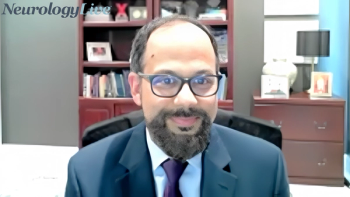
The director of The McCasland Family Comprehensive Headache Center talked about findings from a study that explored the effect of eptinezumab treatment in a broader chronic migraine population. [WATCH TIME: 6 minutes]